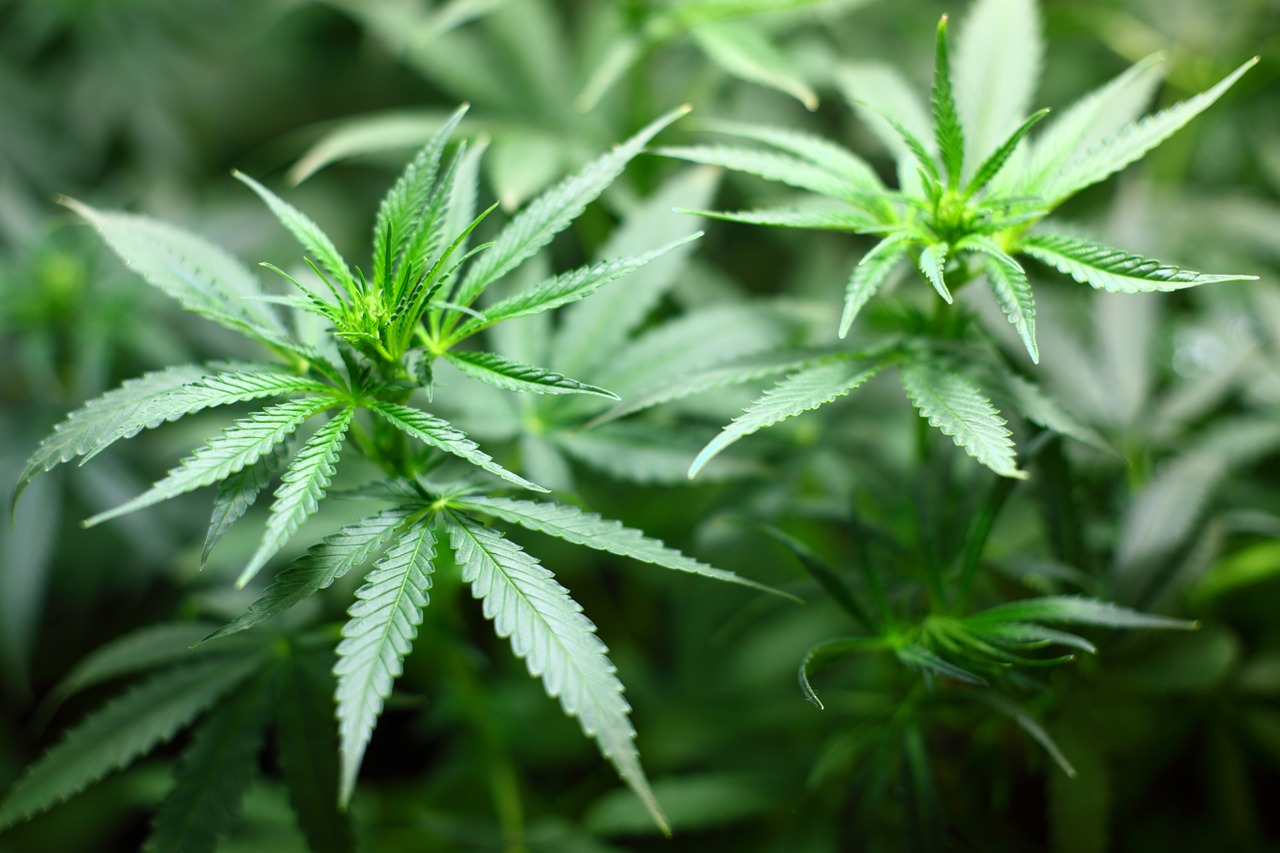 On the eve of 420, a National Cannabis Policy Summit will convene in the nation's capital, joining industry leaders, activists and elected officials to discuss how legalization could look in the United States—and how to get there.
On the eve of 420, a National Cannabis Policy Summit will convene in the nation's capital, joining industry leaders, activists and elected officials to discuss how legalization could look in the United States—and how to get there.
A policy summit in Washington DC one day before 420 will feature discussions on a range of issues concerning cannabis that demand greater public attention—from the importance of veterans' access to medical marijuana, to the need for envorinemtnal oversight in the emerging legal industry, to the role of the media in "reshaping the narrative" of the war on drugs.
The April 19 National Cannabis Policy Summit is to take place at DC's Newseum venue, bringing together leaders in both cannabis advocacy and the cannabis industry. Capitol Hill politicians are also lined up for the event. Rep. Jamie Raskin (D-MD) will deliver the keynote address, with video link-ups from Sen. Elizabeth Warren (D-MA), Sen. Chuck Schumer (D-NY), Rep. Barbara Lee (D-CA), Rep. Charlie Crist (D-FL), and Rep. Lou Correa (D-CA).
This should be an opportunity to bring the concerns of grassroots activists to those who habituate the corridors of power. Queen Adesuyi, policy coordinator of Drug Policy Alliance, will lead a discussion on the potential for legalization to serve as a path to social justice, entitled "Leveling the Playing Field: Is the Cannabis Industry a Second Chance for Victims of the Failed War on Drugs?" The panel organizers note that since cannabis was added to the federal list of controlled substances in 1970, the incarcerated population in the United States has increased by 700%. And while cannabis use across racial groups is virtually equal, people of color remain overrepresented in the prison population—while under-representated in leadership roles in the emerging legal cannabis industry.
"Cannabis is growing into a billion dollar industry, but for many looking to enter the legal cannabis industry, the bar for entry remains nearly unattainable, resulting in an industry that does not reflect the makeup of its audience," the panel description states. "How do we reconcile capitalism, equity and incarceration? How can the cannabis industry move past the damage caused by the failed War on Drugs and become a viable opportunity for all Americans?"
Second Summit, fourth Festival
The Summit will be part of the National Cannabis Festival, which is to highlight with a 420 concert at RFK Stadium featuring Ludacris, Action Brosnon and other big-name talent. At the adjacent RFK Festival Grounds, there will be educational pavilions focusing on the intersection of cannabis policy and culture, cultivation, health and wellness, and related topics.
This will be second National Cannabis Policy Summit, while the Festival was first held in 2016.
Festival founder Caroline Phillips, a public relations and events strategist of progressive bent, tells Cannabis Now the event will "convene unlikely allies around cannabis legalization. People of different political ideologies and backgrounds—Democrats, Republicans, Libertarians, independents and the unaffiliated, who agree that it's time to make progress on our cannabis laws. When it comes to cannabis, we all find overlap and places where there can be improvement on the laws."
Recalling the first National Cannabis Policy Summit last year, Phillips says, "The goal was to create a platform for people from different political parties to convene around conversations about cannabis policy reform. In year one we welcomed speakers like Grover Norquist and DC Attorney General Karl Racine." That's the longtime conservative activist and the famously progressive DC AG.
"This year we have experts from a variety of think-tanks, business leaders and members of congress addressing our audience," Phillips adds.
Phillips sees the nation's capital as in ideal setting for the event. "DC is a diverse community with a lot of universities and a high concentration of think-tanks and people working to push policies at federal level," she says. "For example, veterans groups that all agree that there should be alternatives to opioids for vets, criminal justice groups who agree we should stop arresting for cannabis, industry focus groups who agree we should stop treating business owners in the cannabis industry like criminals. And there's something powerful about having all thse people in same room. When we come together to demand cannabis legalization in the United States, it makes our voices stronger."
And Phillips stresses that legal cannabis is just the first demand—where the conversation begins rather than where it ends. "When this industry comes to full legalization, it's not going to be just another industry but a better industry."
Cross-post to Cannabis Now
Image via 7raysmarketing







Recent comments
3 weeks 5 days ago
3 weeks 5 days ago
6 weeks 6 days ago
7 weeks 5 days ago
11 weeks 5 days ago
15 weeks 4 days ago
19 weeks 4 days ago
20 weeks 2 days ago
30 weeks 2 days ago
34 weeks 3 days ago